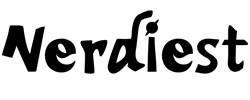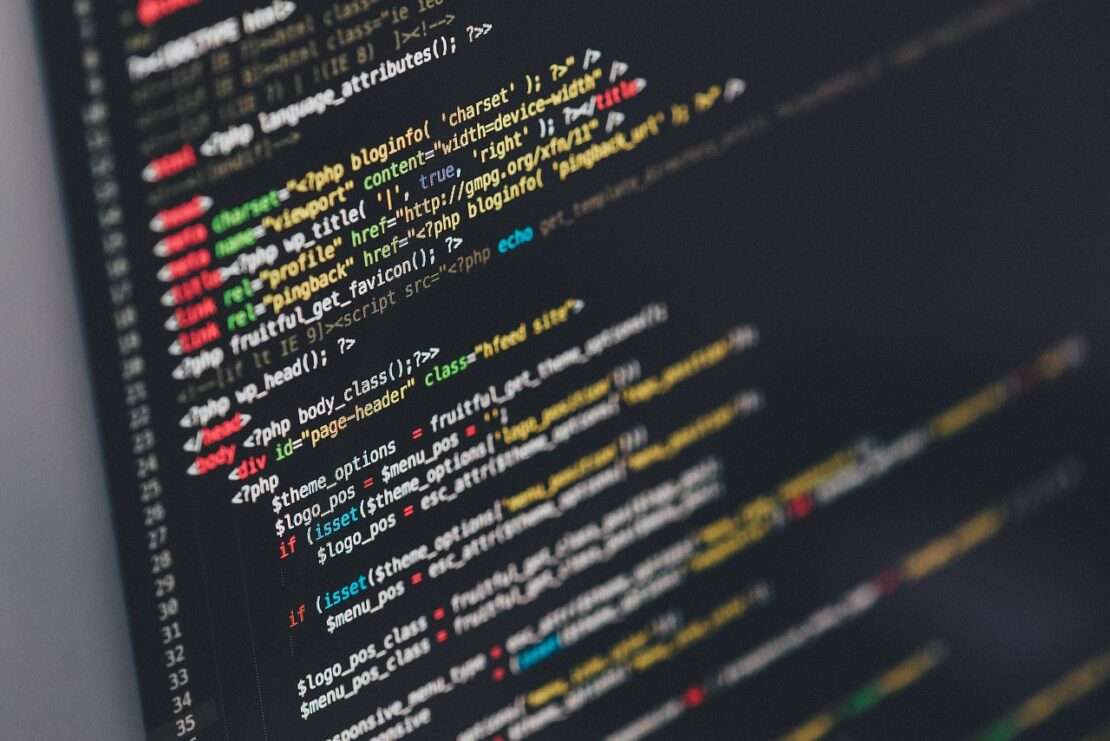In today’s technology-driven world, programming has evolved from a niche skill into a modern-day literacy.
Code powers the digital realm that we interact with daily – from apps on our smartphones to websites and even home appliances.
If you’ve ever been curious about how these systems work and want to take the first steps into the captivating world of coding, this article is for you.
We’ll break down fundamental concepts, explore popular programming languages, and provide resources to help you write your first lines of code.
Table of Contents
Understanding Programming Basics
Before you start coding, it’s essential to understand some basic concepts:
- Algorithm: An algorithm is a step-by-step procedure to solve a problem or achieve a specific outcome.
- Syntax: This is the set of rules that defines how programs in a given language are written.
- Variables: Variables are used to store data that can change or be manipulated in your code.
- Functions: These are reusable pieces of code that perform a specific task within a program.
- Control Structures: These determine the flow of a program and include conditions, loops, and decision-making structures.
Choosing a Programming Language
Choosing the right programming language is a crucial first step in learning to code. Some beginner-friendly languages are:
- Python: Known for its simplicity and readability, Python is an excellent language for beginners. It’s widely used in web development, data analysis, artificial intelligence, and more.
- JavaScript: JavaScript is essential for web development. It allows you to add interactive elements to websites and build complex web applications.
- Ruby: Ruby emphasizes simplicity and productivity. It’s often used in web development, thanks to the popular Ruby on Rails framework.
Getting Started With Coding
Once you’ve chosen a language to learn, here are some steps to guide you on your journey:
- Install the Necessary Tools: Depending on your chosen language, you’ll need specific tools, including a text editor to write your code and possibly a compiler or interpreter to run it.
- Learn the Syntax: Start by understanding the basic syntax of your chosen language. This includes how to declare variables, define functions, and create loops and conditions.
- Start Small: Write a simple program first, such as a “Hello, World!” program, which is a traditional first program for learning a new language.
- Practice Regularly: Like any other skill, coding requires practice. Dedicate regular time to coding and try to solve a variety of problems.
- Work on Projects: Once you’re comfortable with the basics, start a small project. This could be a simple website if you’re learning JavaScript or a data analysis project for Python.
- Read and Review Code: Look at other people’s code to understand how they solve problems. Websites like GitHub provide countless open-source projects for you to explore.
Resources for Learning Programming
There are many resources available to help you learn programming, including:
- Online Tutorials: Websites like code.org, Codecademy, freeCodeCamp, and Coursera offer interactive coding lessons in a variety of languages.
- Books: Books like “Automate the Boring Stuff with Python” or “Eloquent JavaScript” are excellent for beginners.
- Coding Bootcamps: These are immersive, intensive programs designed to teach programming skills in a short amount of time.
Learning to code can open up a world of opportunities. Not only can it lead to a fulfilling career, but it also equips you with a skill that’s increasingly in demand in our digital world.
The journey might seem challenging at first, but with patience, persistence, and consistent practice, you’ll find that the world of coding is an exciting one to explore.
So dive in, start experimenting, and remember – every coder started where you are now. Happy coding!
FAQs
1. What Is Programming, and Why Is It Important?
Programming involves creating sets of instructions that a computer can understand and execute. It is crucial for developing software, applications, and websites, playing a fundamental role in the digital world.
2. Which Programming Language Should I Learn First?
The ideal first programming language depends on your goals. Python is often recommended for beginners due to its readability and versatility, while JavaScript is excellent for web development.
3. How Long Does It Take to Learn Programming?
The time required to learn programming varies based on factors like dedication, prior experience, and the complexity of the chosen language. Beginners may take several months to become proficient.
4. Can I Learn Programming Without a Computer Science Degree?
Absolutely! Many successful programmers are self-taught. Online resources, coding bootcamps, and practical projects can provide a solid foundation without the need for a formal degree.
5. What Are the Common Challenges Faced by Beginner Programmers?
Beginners often struggle with concepts like syntax, logic, and debugging. Overcoming these challenges requires patience, practice, and a supportive learning environment.
6. How Does Programming Contribute to Problem Solving?
Programming enhances problem-solving skills by encouraging a logical and systematic approach to breaking down complex issues into manageable steps.
7. Is Learning Multiple Programming Languages Necessary?
While not mandatory, learning multiple languages broadens your skill set and allows you to tackle different types of projects. Focus on mastering one language before exploring others.
8. What Is Open Source Software, and How Can I Contribute?
Open source software is freely available for modification and distribution. You can contribute by fixing bugs, adding features, or improving documentation on platforms like GitHub.
9. What Are Frameworks and Libraries in Programming?
Frameworks and libraries are pre-written code that facilitates the development of applications. Frameworks provide a structure, while libraries offer reusable functions.
10. How Does Version Control Work in Programming?
Version control systems like Git allow developers to track changes in code, collaborate with others, and revert to previous versions if needed, ensuring project stability.
11. What Are the Future Trends in Programming?
Emerging trends include artificial intelligence, machine learning, blockchain, and edge computing. Staying informed about industry developments is essential for career growth.
12. How Can I Stay Motivated While Learning to Program?
Set achievable goals, work on real-world projects, and join coding communities to stay motivated. Celebrate small victories, and remember that challenges are part of the learning process.
13. Are Coding Bootcamps Effective for Learning Programming?
Coding bootcamps offer intensive, hands-on training and can be effective for acquiring practical skills quickly. However, success depends on individual dedication and commitment.
14. What Is the Role of Algorithms and Data Structures in Programming?
Algorithms are step-by-step procedures for solving problems, while data structures organize and store data. Understanding both is crucial for writing efficient and scalable code.
15. How Can I Transition From a Beginner to a Professional Programmer?
Transitioning to a professional level involves continuous learning, building a portfolio, networking with industry professionals, and gaining real-world experience through projects and internships.



Comments